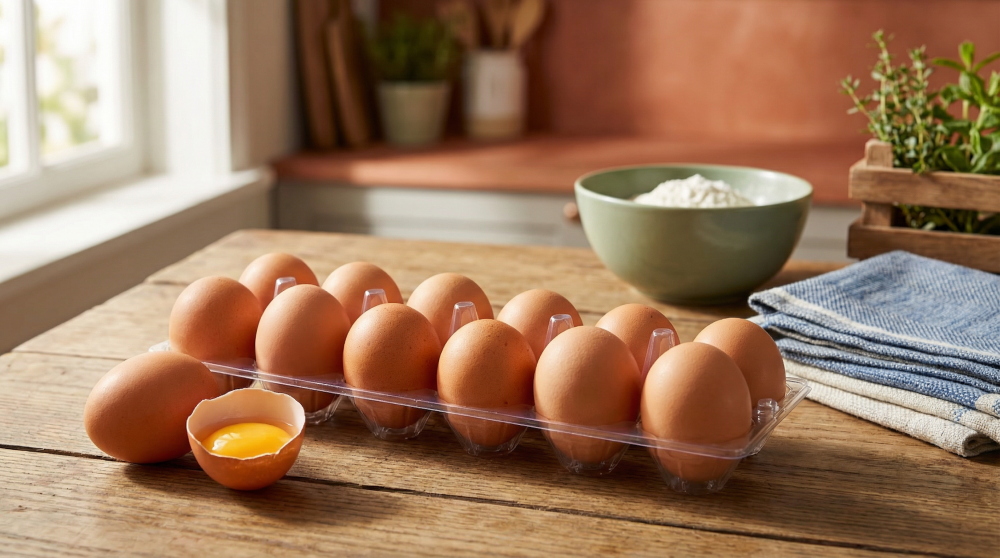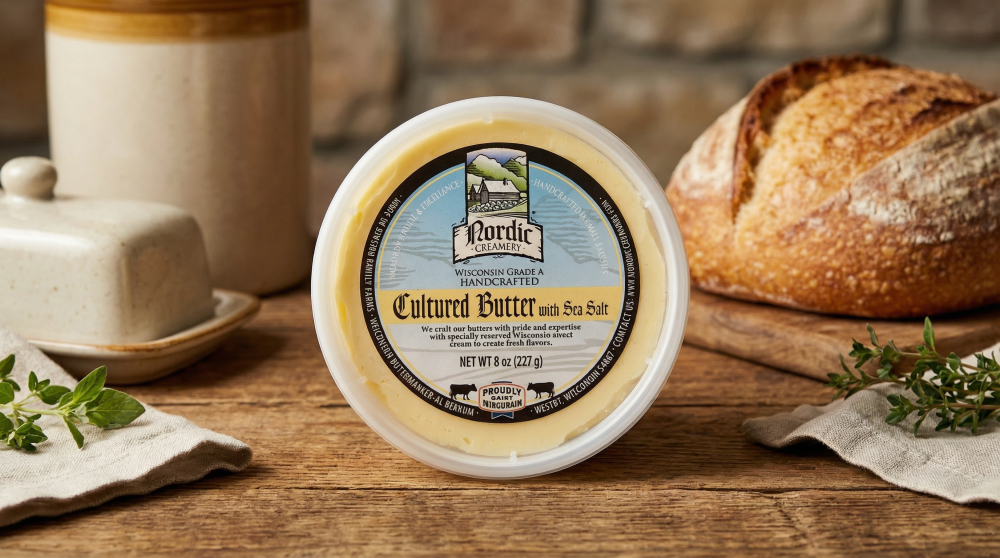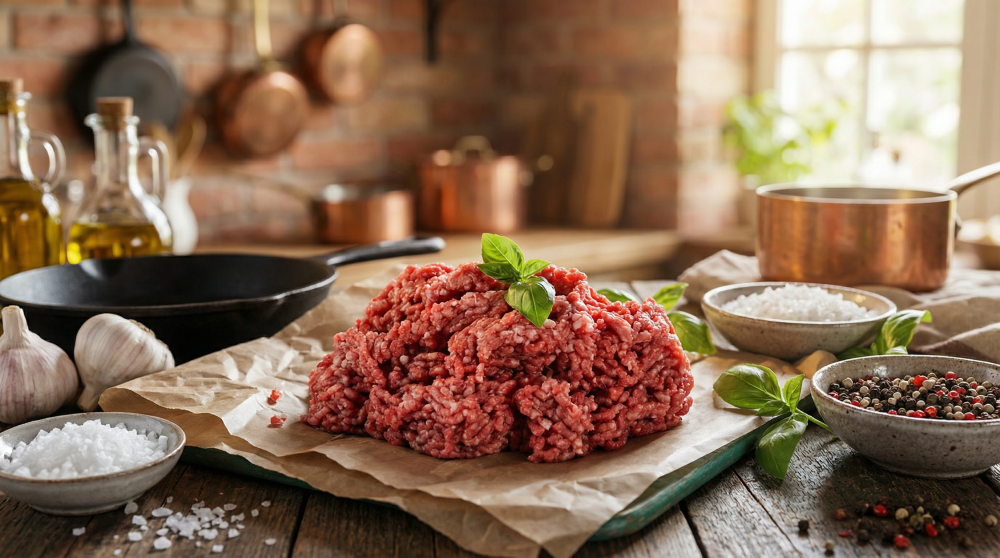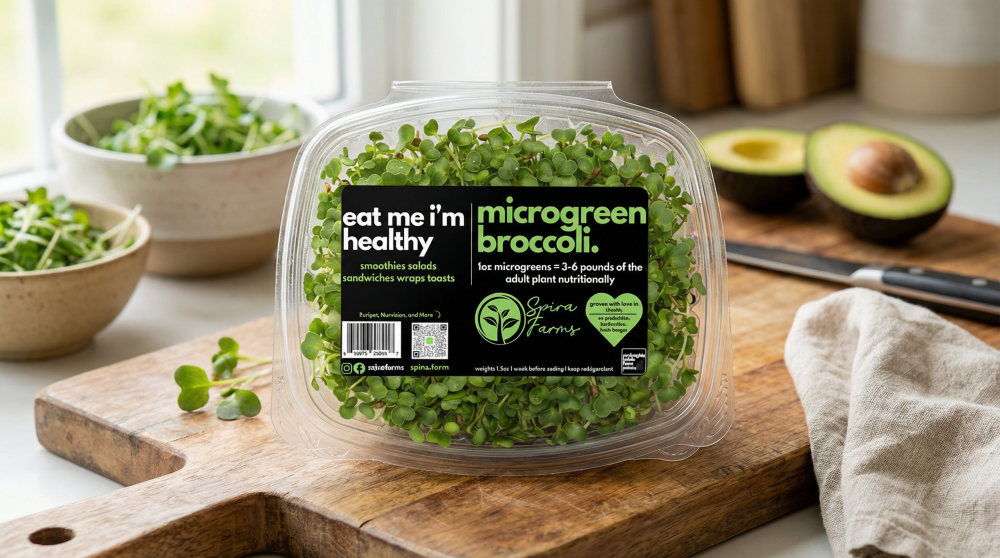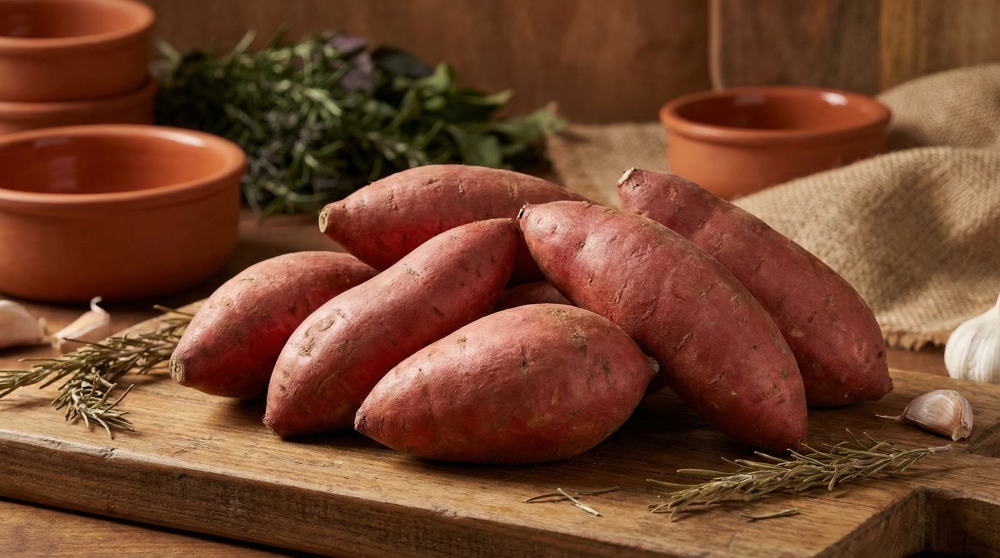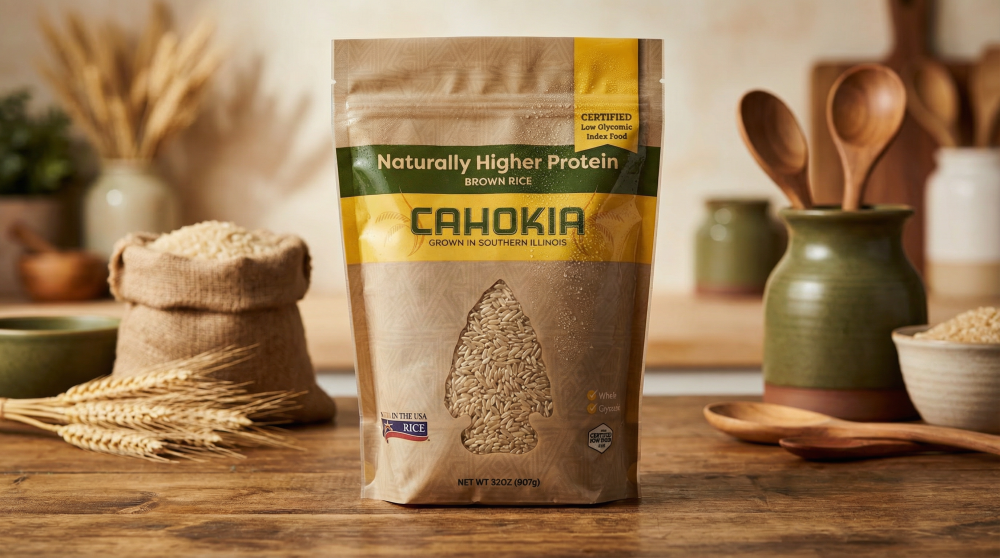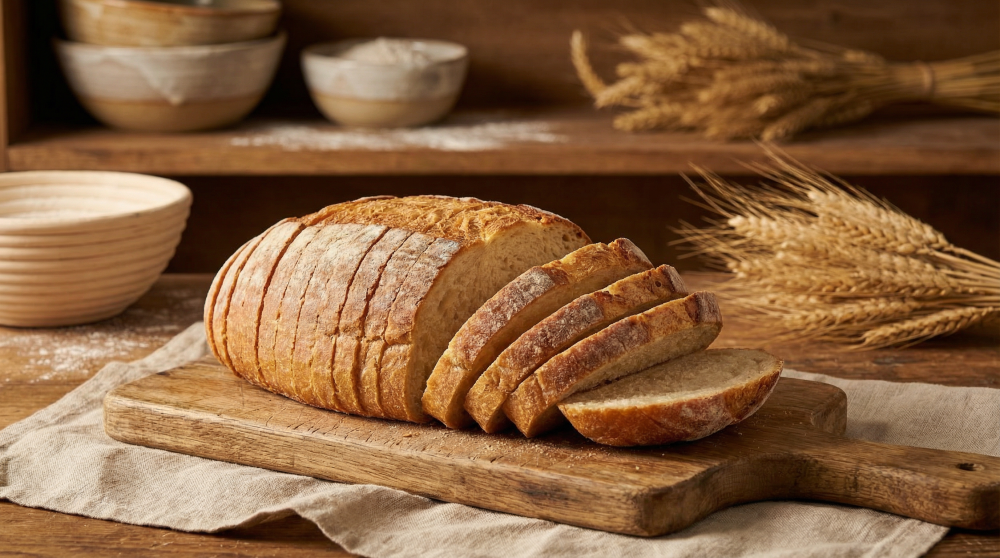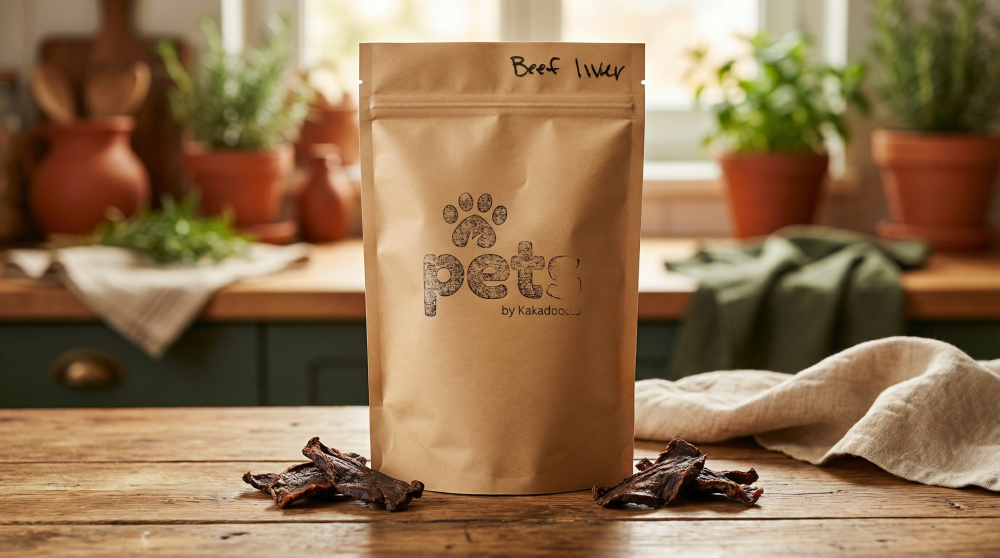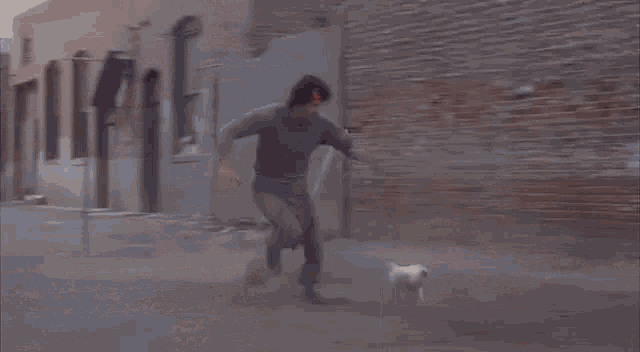article Soil Health = Plant Health = Human Health
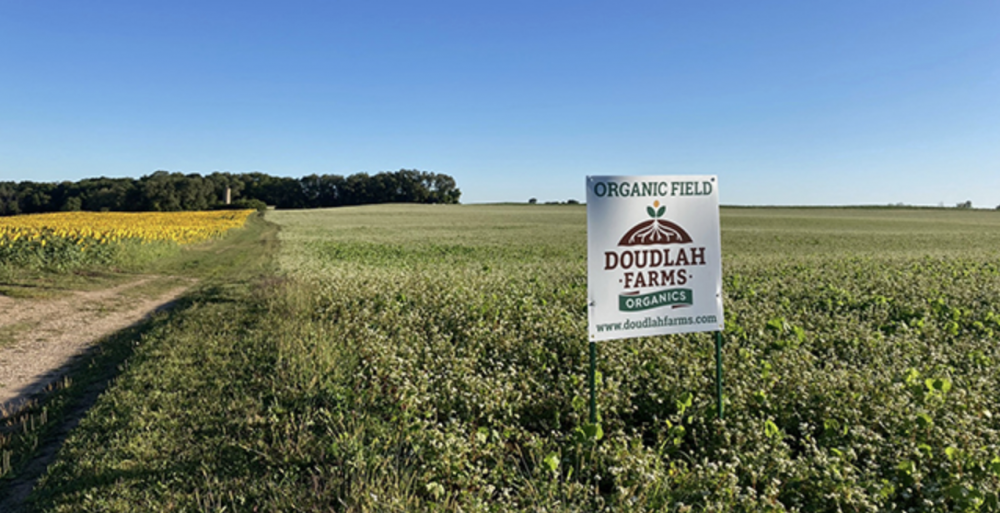
I want to tell you about a farm that inspires me: Doudlah Farms in Wisconsin. Mark Doudlah is a sixth-generation farmer who completely changed the way his family worked the land after watching his dad battle cancer, likely tied to years of chemical exposure. In response, Mark and his family transitioned their 1,600 acres in Evansville, WI (about two hours north of us) into regenerative organic production. Today, they even test for over 200 different chemicals to make sure their food is truly “clean.” That blows me away. And now, we’re excited to share that you can find Doudlah’s products directly on Kakadoodle — browse them here.
Their story hits home for me. As many of you know, I’m also a cancer survivor (Non-Hodgkin’s lymphoma). There are hundreds of “strains” of NHL, and the one I was diagnosed with is associated with glyphosate — the chemical conventional farmers spray on nearly every field around us. So when I hear about a farm like the Doudlahs, I see people who had the same choice I did: keep going with the system that broke us, or start fresh and fight for something better.
Their philosophy is simple: soil health = plant health = human health. Maybe that’s something we don’t think about very often. For most of my life, I took soil for granted — it’s just dirt, right? Does it really matter? Here’s what I’ve learned while trying to be a farmer myself:
- Healthy soil is alive. It’s filled with microbes, fungi, earthworms, and organic matter. The USDA defines soil health as the capacity of soil to function as a living ecosystem that sustains plants, animals, and humans (NCBI).
- Plants grown in healthy soils are stronger. Research shows soil biology helps plants access more nutrients, resist disease, and even produce more antioxidants and vitamins (PubMed).
- And that flows to us. The Soil Health Institute has documented clear connections between soil practices, food quality, and human health outcomes — even our gut microbiome (Soil Health Institute).
On the flip side, chemicals like glyphosate don’t just sit on plants. They change soil biology itself, disrupting the good microbes that protect crops (Frontiers in Environmental Science) and altering gut microbiota when consumed at low doses (ScienceDirect). That’s the scary part.
So when you see Mark and Lucy Doudlah choosing the harder path, or when you see us at Kakadoodle putting chemical-free food on your doorstep, it’s not about chasing trends. It’s about survival. It’s about making sure the soil that grows our food actually builds health instead of tearing it down.
You don’t need to be a farmer or a scientist to care about this. You just want food that’s safe, nourishing, and convenient for your family. That’s exactly why we’re bringing farms like Doudlah’s to your doorstep. Their work in the soil shows up as better food on your table — and now you can enjoy it for yourself, knowing it’s building health for the people you love most.
